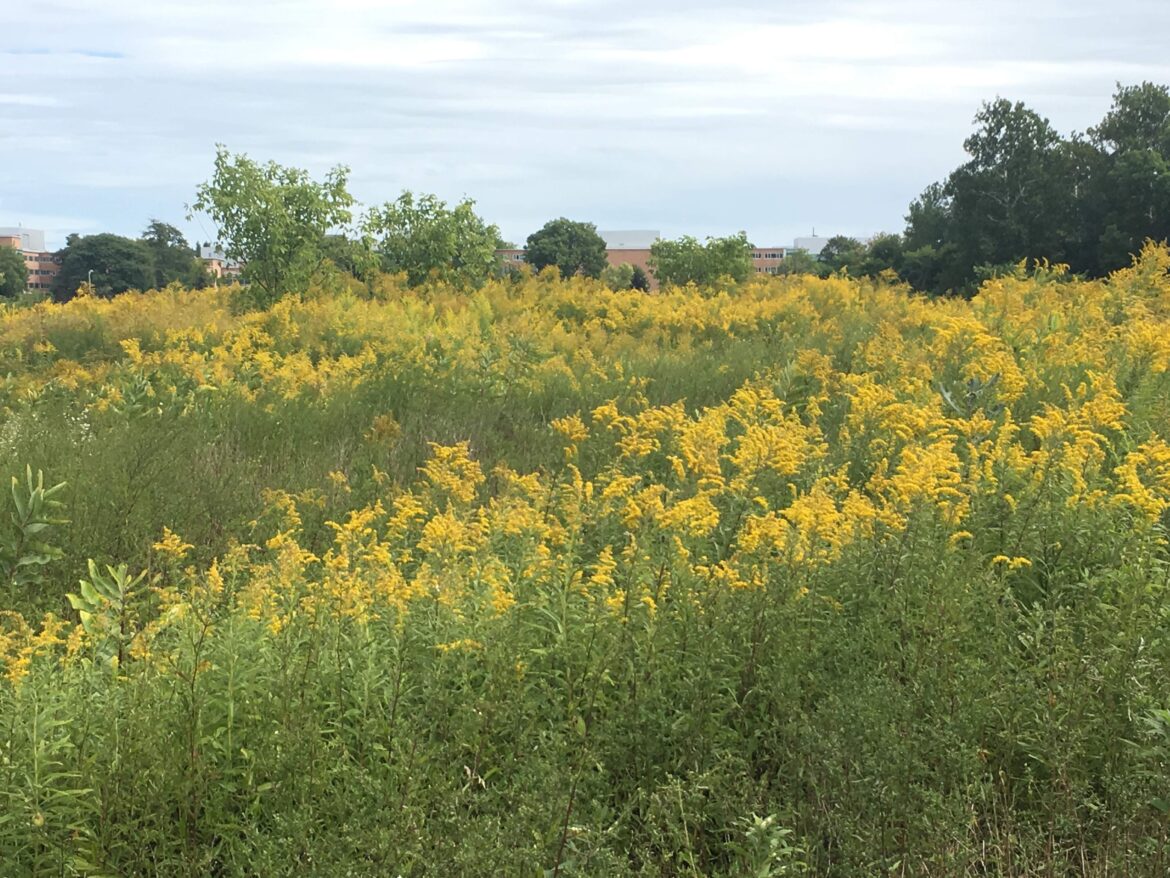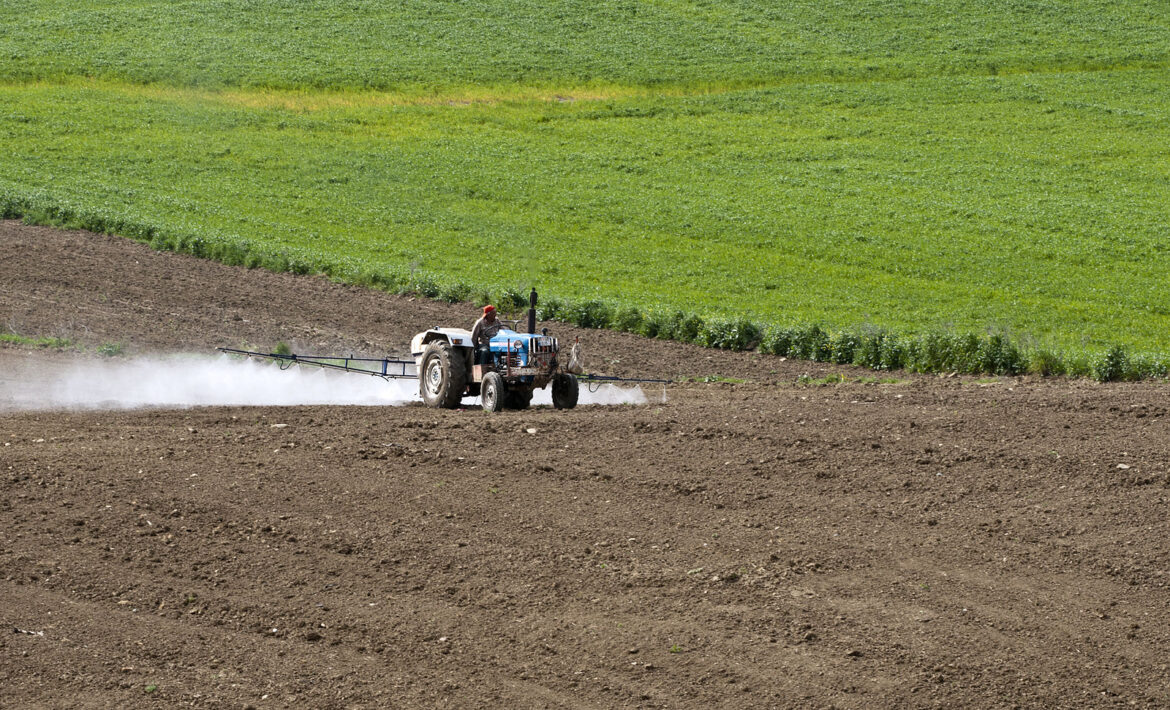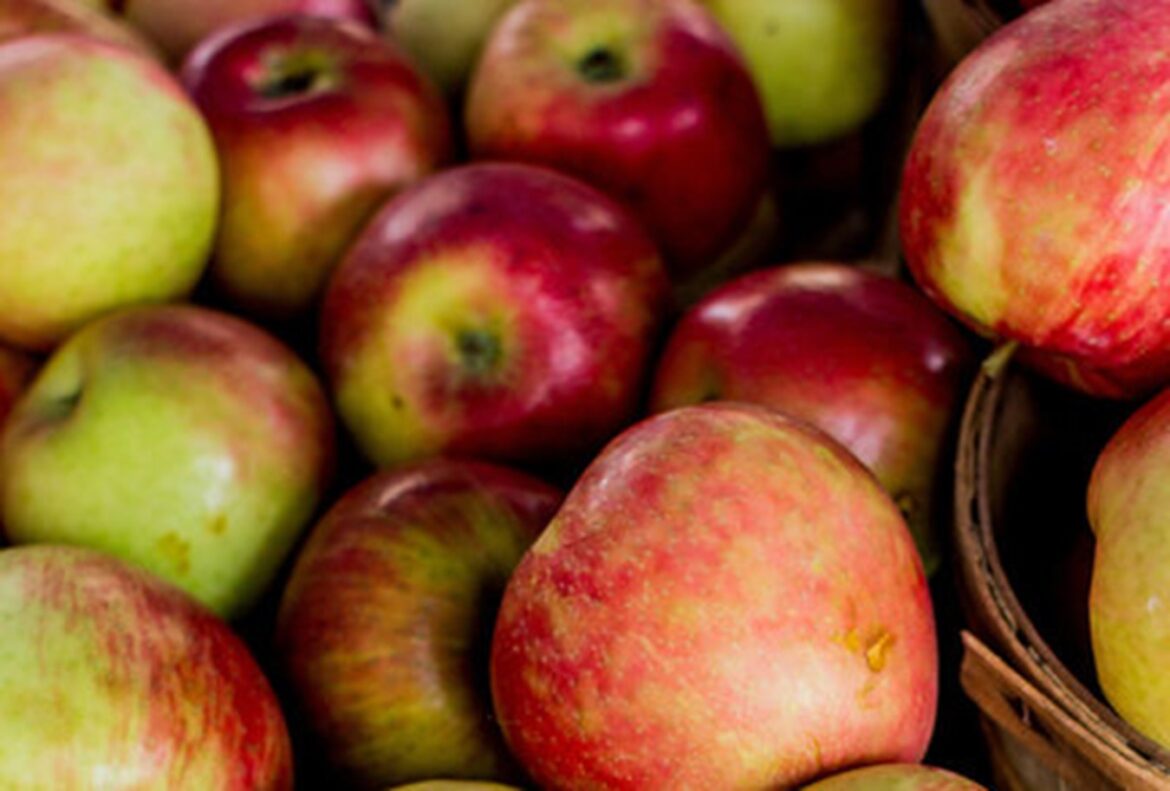Land
‘Adopt-a-Forest’ program encourages citizens to clean up public land
|
The Adopt-a-Forest program is volunteer-driven and helps people engage with the outdoors and encourages them to keep public lands clean, the state Department of Natural Resources says.








